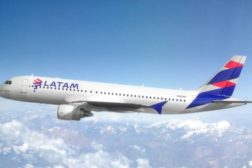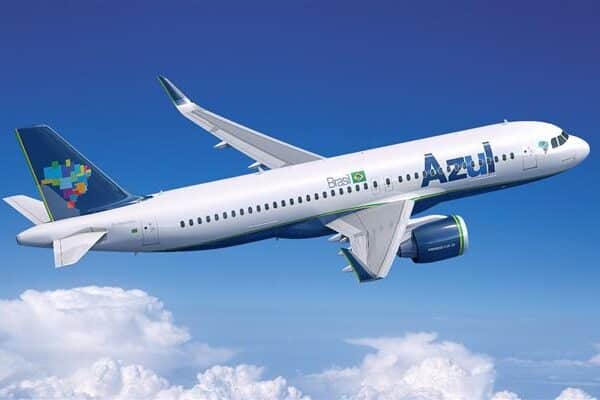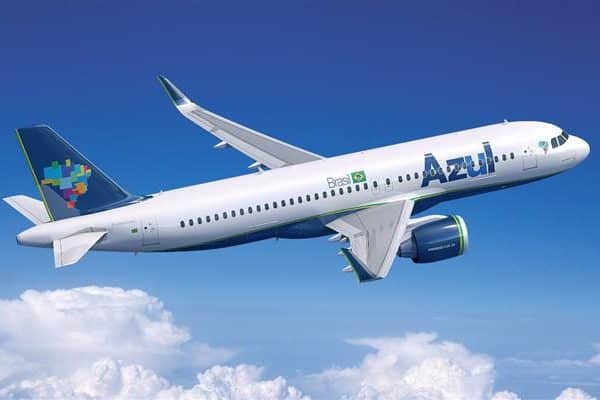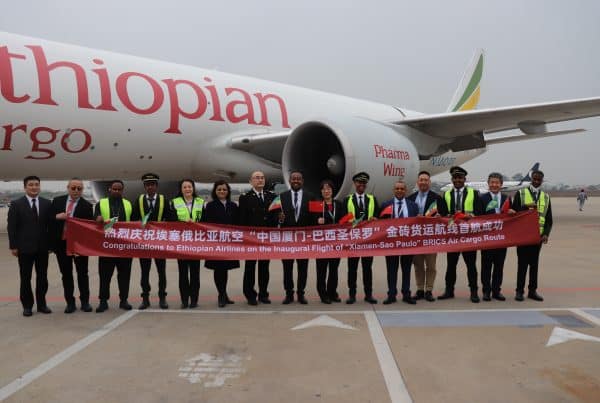Brazil has kick started the year with a new government promising to full fill various issues one of which includes the way the country do business, In addition to this these measures will probably affect the economy and consequently, the aviation industry. If the new president is successful in his strategy, the economy in Brazil may rebound, and reduce the dollar exchange rate, which will reduce costs for airlines and create more demand for air travel.
The new Minister of Tourism, Marcelo Antonio, discuss his plans to boost tourism in Brazil. His project includes tax exemption for new hotels and the development of new thematic parks through the country. Some rumors include the exemption of visa for Americans visiting Brazil, whereas U.S. citizens. Currently US visitors are bounded to visa prior to entering the country.
prvious year, Brazil signed an Open Skies agreement with the U.S. that allows airlines to increase the number of flights between the two countries, allowing for more competition with the possibility of reducing ticket prices through increased choice. The delivery, more fuel-efficient single-aisle airplanes to Brazilian airlines, including GOL which has taken delivery of Boeing 737 MAX aircraft, already created new city pairs between Brazil and U.S. that did not exist before.
Avianca Brasil
In December 2018, Avianca Brasil filed for bankruptcy protection.!The latest development is the announcement to end the two most important international routes to Miami and New York in March and the end of the airline’s A330-200. Many specialists suggest that the best option is for Azul Brazilian Airlines, in partnership with United Airlines, to buy the airline, but those are rumors and there is nothing concrete so far.
Brazilian government announced the possibility of allowing foreign airlines to have 100 percent ownership in Brazilian airlines, a measure not allowed in the United States. Avianca and a merge with Azul could make competition in Brazil more balanced creating three large airlines instead of four.
Boeing-Embraer Deal
Boeing embraer deal faces turbulenece in the court, the Brazilian government finally approved the commercial joint venture between Boeing and Embraer. Boeing will hold an 80 percent ownership stake in the new company, while Embraer will hold the remaining 20 percent, giving Boeing access to Embraer’s E2 regional jet family to go up against the new Airbus A220. This deal is a win-win situation which will benefit Brazil and the U.S., with the potential to be important for the development of Boeing’s New Midsized Airplane. In a second partnership still in negotiations, Embraer will own a 51 majority percent stake and Boeing will own the remaining 49 percent in the production of military airplanes. The deal can also create markets for the KC-390, an Embraer military multi-mission airlift aircraft, backed by the Boeing name.
Airport Privatization
Brazil is also a pioneer in large-scale airport privatization also called airport concession. There are already 10 large airports privatized and plans to privatize 12 more in 2019. The concession of airports aims to attract foreign investment on a fast way to modernize Brazilian airports and promote quality within international standards. The next wave of concession will focus in the Northern, Northeastern and Southeastern parts of the country.
The new government recently announced the desire to privatize Congonhas Airport in downtown Sao Paulo and Santos Dumond in Rio. To make the concessions more attractive to bids, the government recently increased the airport tax for passengers. So far, the privatizations are going well with the exception of Viracopos, which is located 50 miles from downtown São Paulo. The company running the airport filed for bankruptcy protection and the Brazilian government is in negotiation to bid the airport again and get the things on track.
News Source: airlinegeeks




